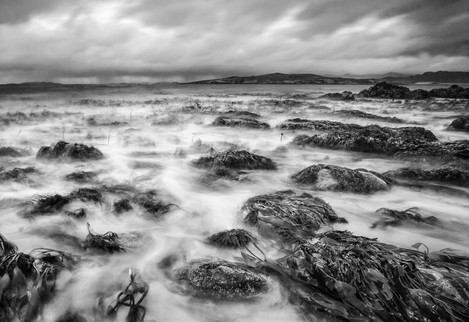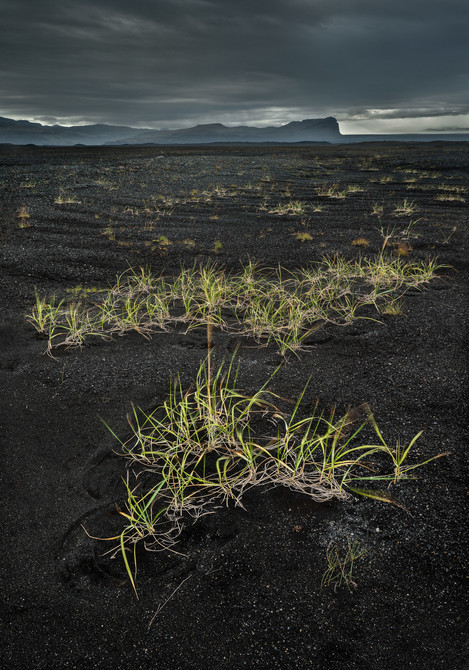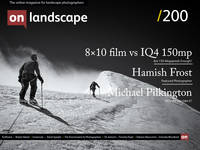A change of perspective

Michael Pilkington
Michael Pilkington is a professional landscape photographer. Michael is also co-founder of Aspect2i, the Landscape Workshop Photography Company, and leads photography workshops in the UK and internationally.
This is one of the most fundamental and common questions I ask when looking at client images on photography workshops. It seems a simple question and one to which is easily answered. However, the answer, in reality, does not reflect this. Indeed, the question ‘Why did you take it?’ is not given a lot of thought and this can be the difference between an excellent image and an average, or even a bad one and responses can be convoluted and unclear.
As landscape photographers, we are often fortunate enough not be rushed. This does not mean that we don’t have to work quickly as sometimes this is the case. In fact, many non-landscape photographers have the impression that we are involved in a leisurely pursuit, hanging around waiting for the light to change in our favour. As you know, this can be far from the truth. Perching on a rocky outcrop by the edge of a storm charged sea with the wind and spray blowing towards you and a blizzard about to hit you requires the photographer to work fast ensuring you do not drop any equipment into the swell. You need to know how to assemble your kit, load your filters, and set the necessary exposure in double quick time, and all without falling in yourself!

Wester Ross, Scotland. I was entranced by the swirling of the seaweed and the rushing of the sea backwards and forwards as successive waves broke amongst them. I was stood knee deep in seawater holding tightly to the tripod so that it wouldn’t be knocked over and making exposures when possible. I had to work quickly as the tide was coming in making it impossible to stay in one spot for very long.

Flood Plains, South Iceland. With only a sharp cold wind to contend with, I was able to spend a leisurely couple of hours walking amongst these grasses contrasting beautifully against the black sands so common to Iceland. I knew that I also wanted the majestic headland and stormy clouds in the distance to feature.
However, in the main, we can take time to contemplate and choose the image that we will take. But is this the case? Often when arriving at a location there is an inclination to walk around ever so briefly and then set up your tripod, attach the camera and start shooting. There is an emotional surge and mental obligation to ‘get one in the bag’. Let’s face it, you have driven or walked miles to a particular location, and you have an obligation to be successful, to bring home some great images. The question is what are you doing to make this happen?
My experience, having worked with lots of photographers over many years, both as a workshop leader and one to one, is that people do not take the time to stop, think and experience their surroundings. Often there is an urgency to start taking photographs, with the hope that the discovery of a successful image is back at home scanning the raw files on your computer. On consideration, this is very much ‘after the fact’, and you are often a long way from where the photograph was taken so “nipping back out to have another go” can quickly turn into disappointment at the lost opportunities. To add to the disappointment, whilst you are looking at the image files and recounting the time you where there, you piece together the places you should have set up and see with staggering clarity were you could have done better!

